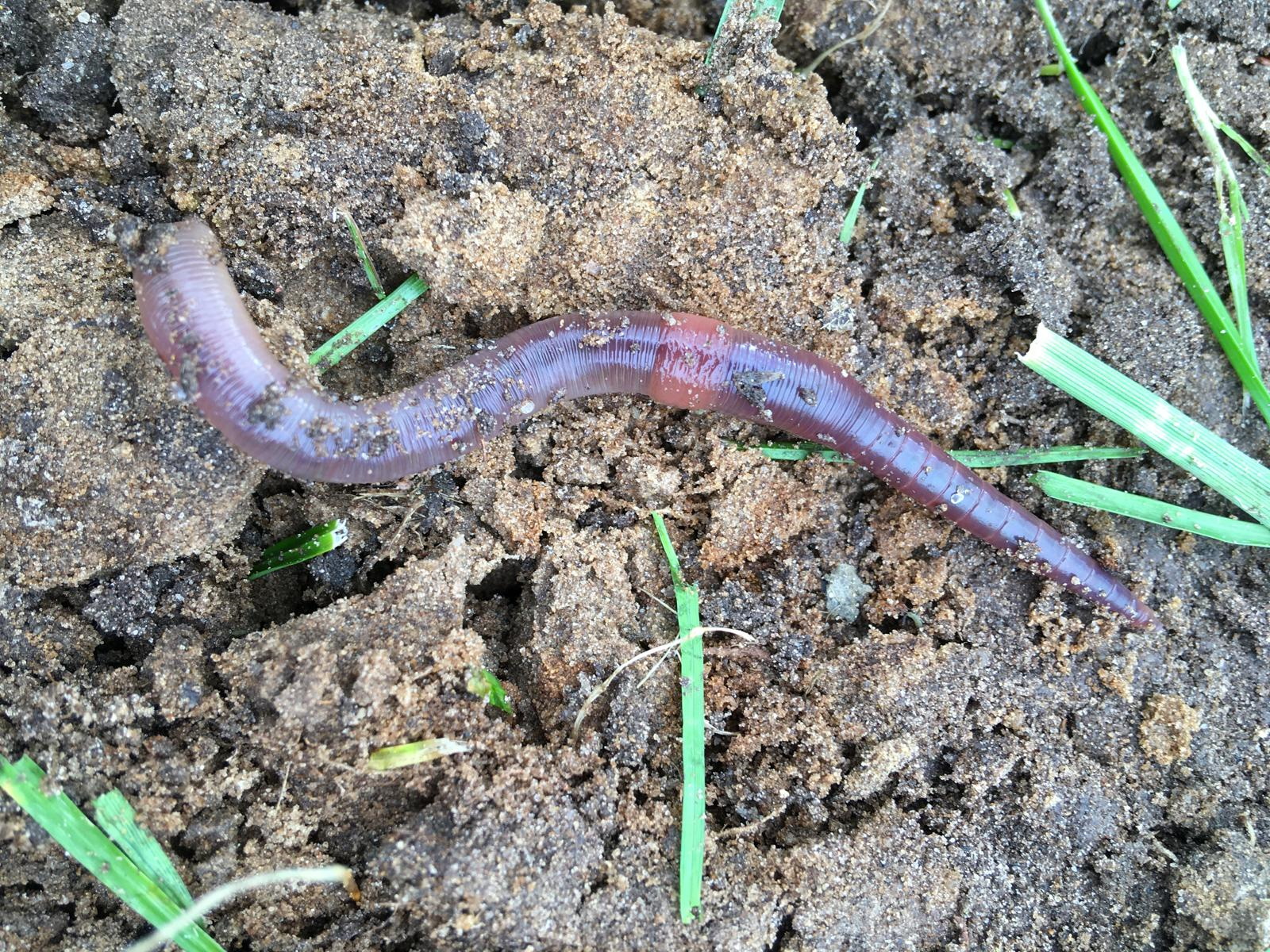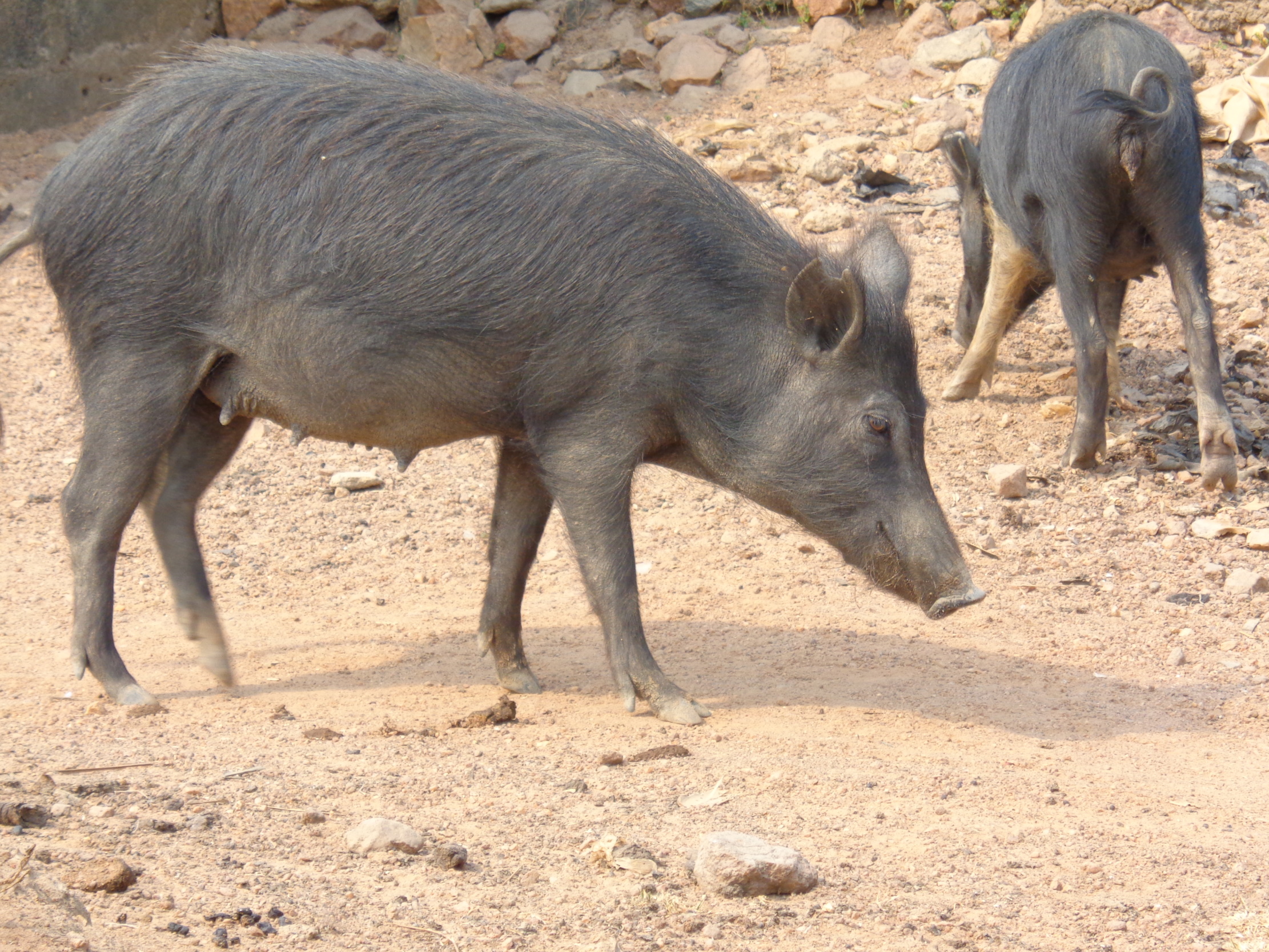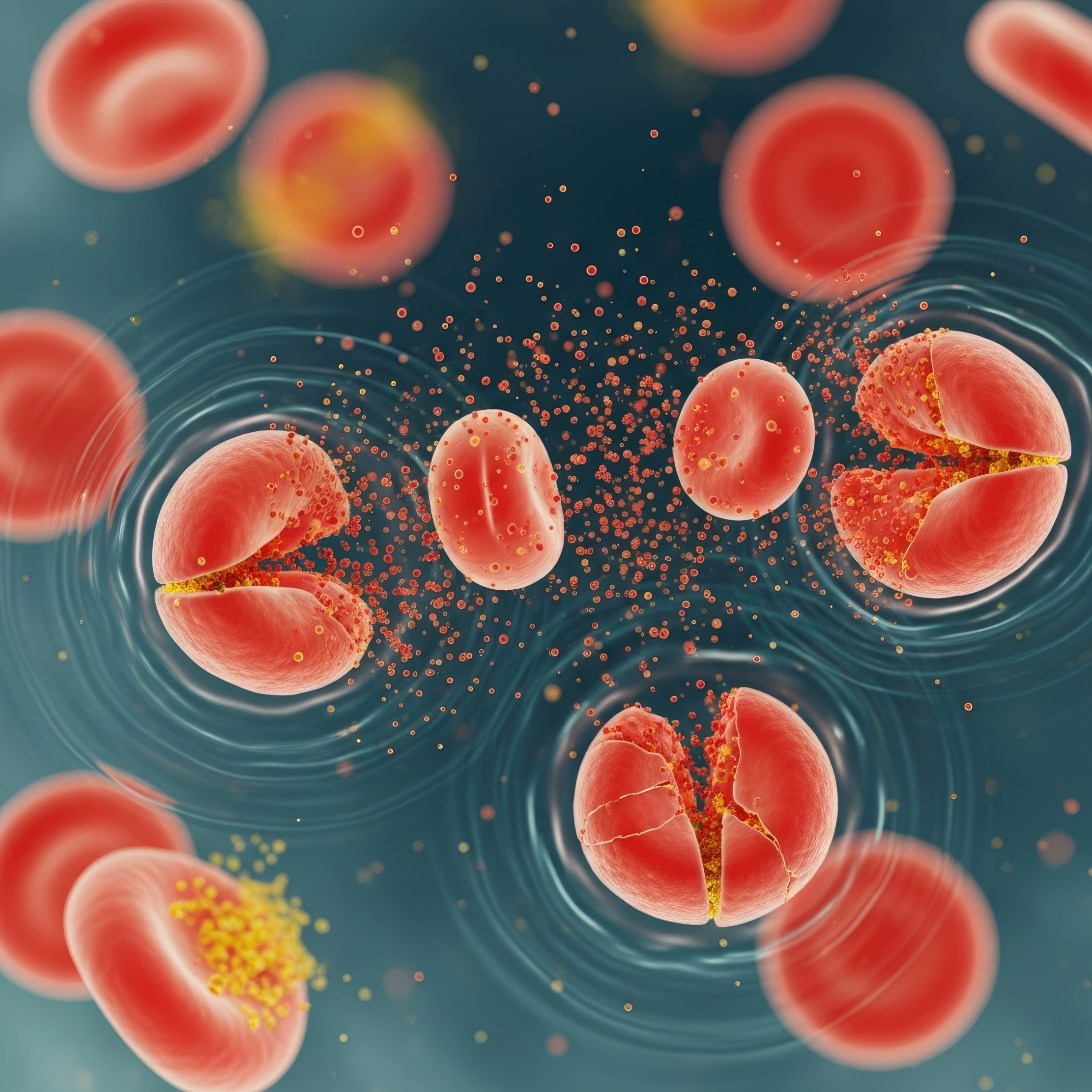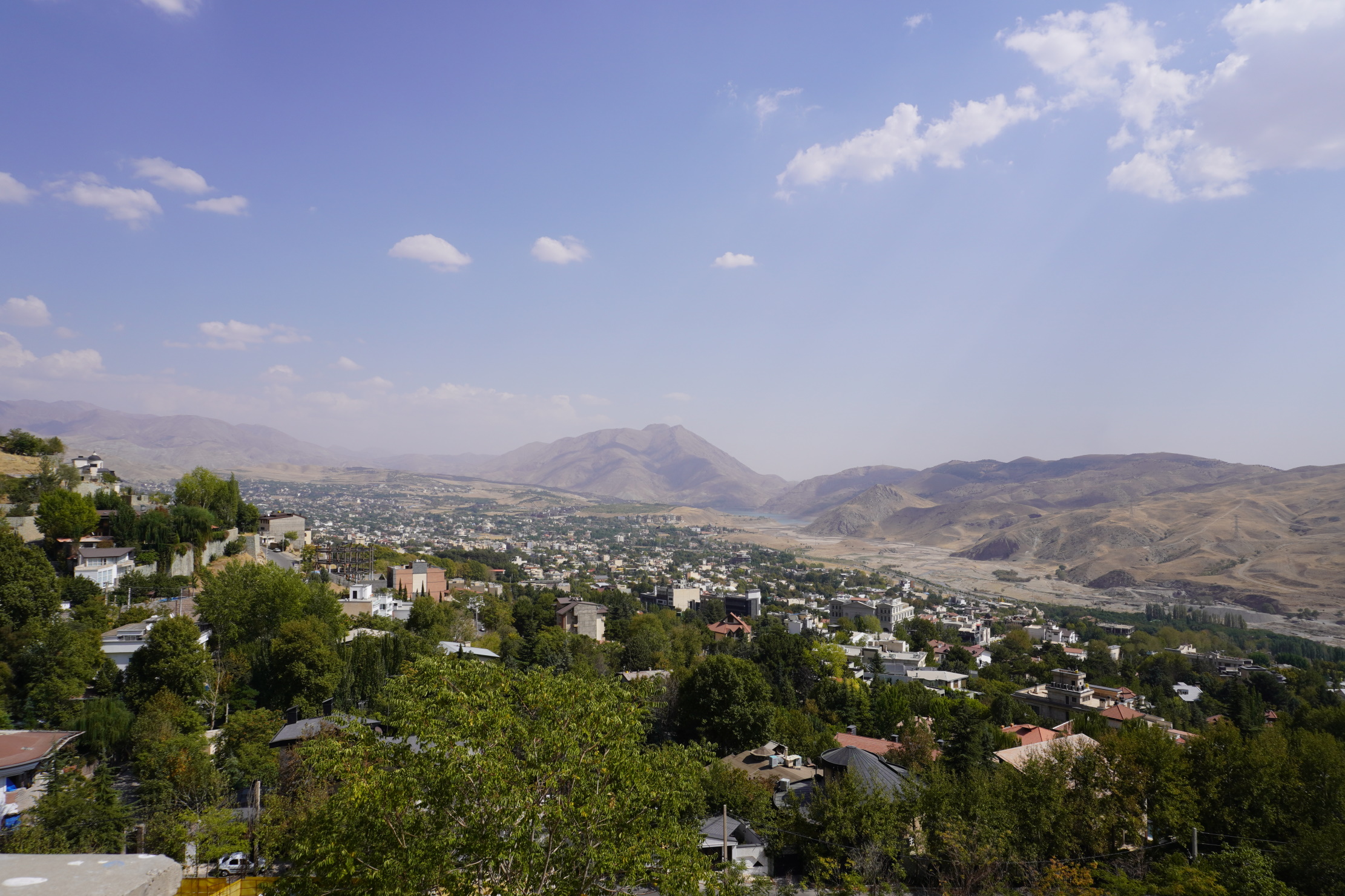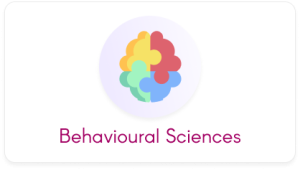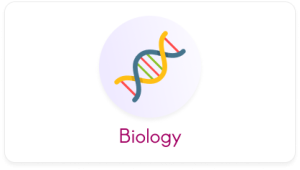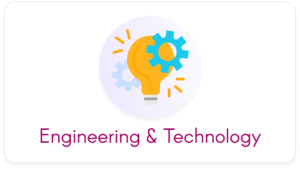Welcome to
SciPod
Introduction
Engage with Science Through Our Audiobooks – SciPod Brings Research to Life
Welcome to SciPod, the home of science audiobooks that make research accessible to everyone. We transform peer-reviewed studies into clear, engaging audio stories designed for students, researchers, and science enthusiasts alike.
Each SciPod distils complex ideas into easy-to-understand narratives, helping you connect with the latest discoveries in a way that’s enjoyable, insightful, and convenient.
Whether you’re commuting, studying, or simply curious, SciPod lets you listen and learn on the go. Stream or download from our ever-growing library, covering topics across every scientific discipline — from health and environment to physics, technology, and beyond.
Discover. Learn. Be inspired.
Start exploring today and let SciPod bring the world of science to life in your ears.
Increase The Impact Of Your Research!
Trusted By The Research Community
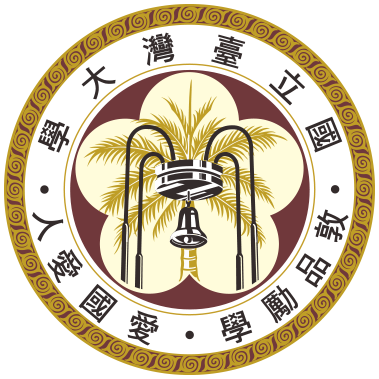



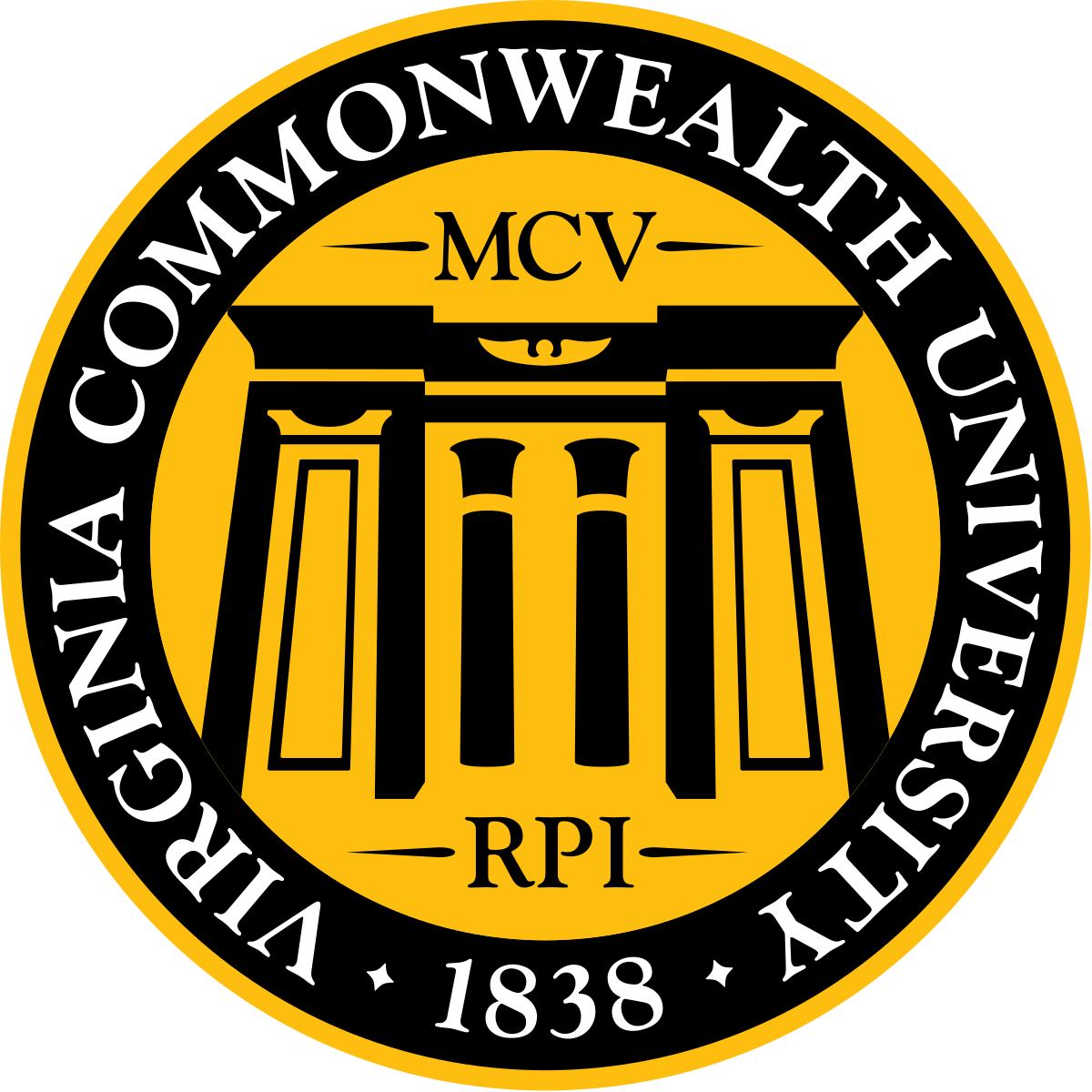
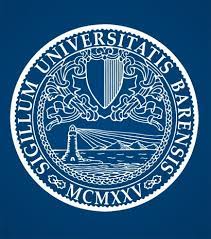




Unwind without the hassle. Enjoy fresh audiobooks, delivered free!










